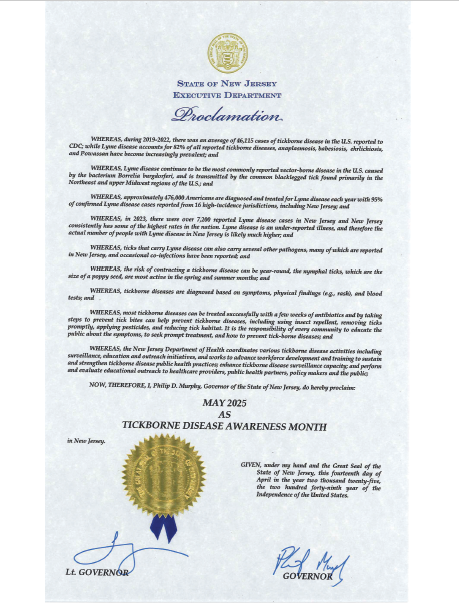
Vectorborne Disease Data Dashboard
This dashboard uses interactive data visualizations to display vector-borne disease case data (counts and incidence rates), emergency department visits for tick-related illness, and vector-borne pathogen (germ) data in mosquitoes and ticks.
Vector-borne Disease Surveillance Reports
The Department conducts routine testing of mosquito pools and other sources of vector-borne illness. The results are published weekly during the annual peak period for vector-borne illnesses.

